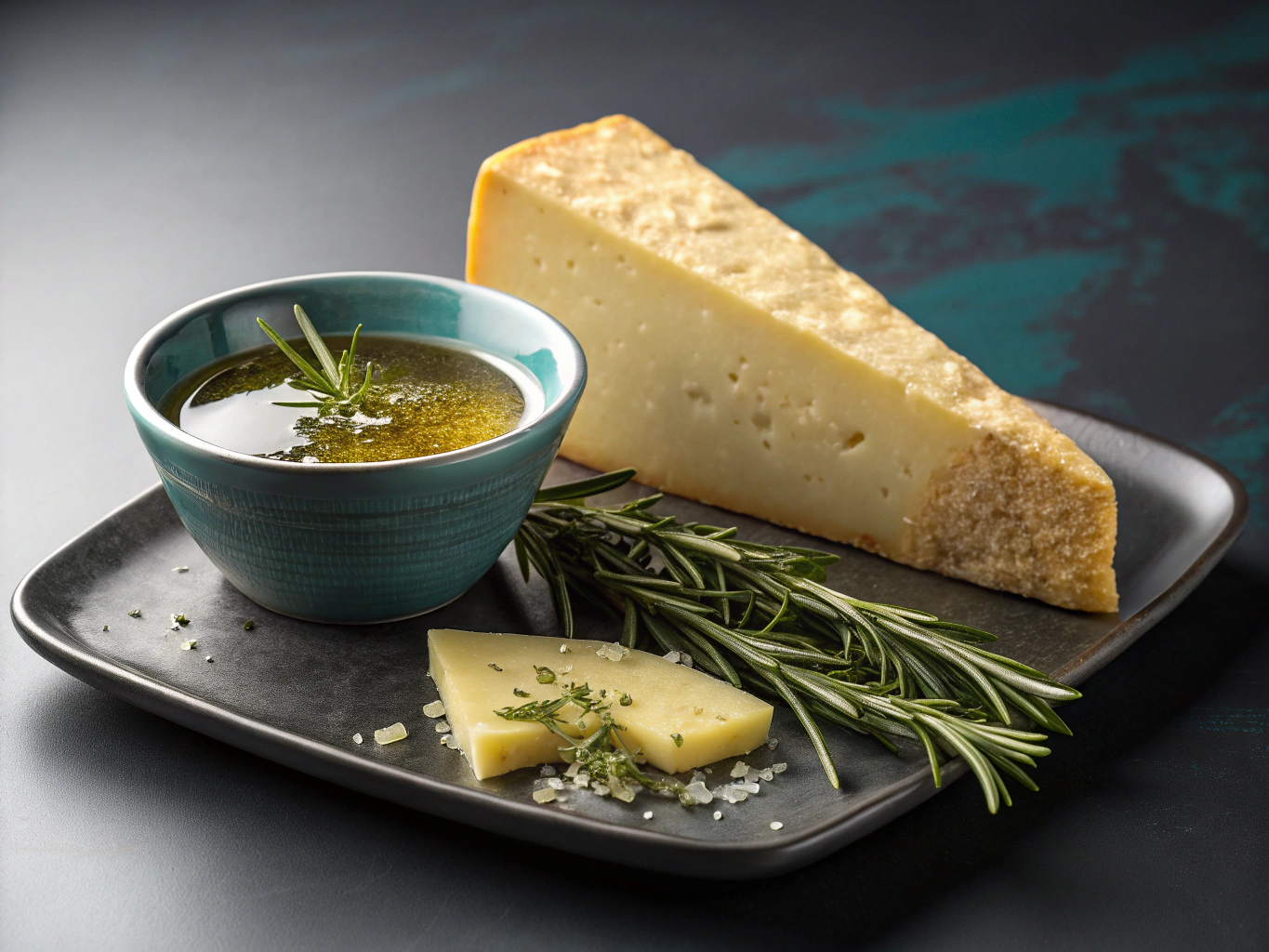The Curious Case of Cheese and Your Gut: Navigating Low FODMAP Options
Anyone who’s ever dealt with gut issues knows the challenge: a craving for cheese can turn into a stomach rebellion faster than you can say “lactose intolerance.” But here’s the good news—there’s a growing world of low FODMAP cheese options that might just change the game for cheese lovers navigating digestive sensitivities. Understanding what makes certain cheeses friendly to your gut—and others not—is a bit like decoding a complex sci-fi plot, but once you get the hang of it, you’re better equipped to make choices that keep both your taste buds and your gut happy.
What Are FODMAPs, Anyway?
The Gut’s Hidden Saboteurs
FODMAPs are fermentable oligosaccharides, disaccharides, monosaccharides, and polyols—fancy words for certain carbs that, when poorly absorbed, cause bloating, gas, and discomfort. For many, it’s not just about avoiding lactose—that’s just one piece of the puzzle. Many cheeses, especially the softer, fresher kinds, pack a higher FODMAP punch because of their lactose content. But the good news is, as the article on Gourmend explains, many aged cheeses undergo fermentation processes that significantly reduce lactose, making them more digestible for sensitive guts.
Cheese’s Transformation Over Time
Aged vs. Fresh: The Digestive Divide
Think of cheese like a sci-fi evolution — from fresh, soft cheeses like ricotta or cream cheese to hard, aged varieties like cheddar or Parmesan. As cheese ages, bacteria eat up the lactose, leaving behind a concentrated protein and fat profile but less of the sugar that causes digestive distress. So, while a fresh cheese might be a gut’s worst enemy, its aged cousin could be the ally you’ve been searching for.
Low FODMAP Cheese: The Transformative Power of Fermentation
What Makes Some Cheese Low FODMAP?
The secret lies in fermentation. During this process, bacteria break down lactose into simpler sugars, reducing its presence to levels that are often tolerable for those with sensitive stomachs. For example, hard cheeses like Parmesan, aged cheddar, and Swiss typically contain less than 0.1 grams of lactose per serving—making them low FODMAP options. The trick is in the aging process; the longer the cheese ages, the lower its lactose content tends to be.
Which Cheeses Are Safe Bets?
- Parmesan
- Cheddar (aged)
- Swiss
- Gouda (aged)
- Gruyère
These cheeses are generally well-tolerated in small portions, but it’s always wise to test your individual tolerance. The article on Gourmend’s blog offers a handy guide on how to incorporate these cheeses into your diet without unleashing gut chaos.
Why This Matters for Eaters and Entrepreneurs Alike
For entrepreneurs in the food space—think cheese startups or specialty grocers—understanding the low FODMAP landscape opens up new avenues for product development. Creating cheese options tailored for gut health isn’t just a niche; it’s a way to serve a growing market of health-conscious consumers who refuse to give up their cheese cravings. The transformative aspect here is how science-backed food innovation can align with real human needs—turning what once was a barrier into an opportunity.
Actionable Steps for Your Cheese Journey
- Start reading labels carefully: look for aged cheeses with minimal ingredients.
- Experiment with small portions of low FODMAP cheeses to gauge your tolerance.
- Explore fermentation-friendly recipes or products that highlight aged cheeses.
- Stay informed: follow blogs and guides—like Gourmend’s—that demystify FODMAP content in dairy products.
- Consider consulting a dietitian if you suspect a sensitivity, to tailor your cheese choices even more precisely.
Ultimately, understanding the science behind cheese and FODMAPs isn’t just about avoiding discomfort—it’s about reclaiming the joy of eating. For entrepreneurs, it’s about crafting smarter, more inclusive products. And for consumers, it’s about making choices that respect your body’s unique rhythm while still enjoying the flavors you love.
Checkout ProductScope AI’s Studio (and get 200 free studio credits)

